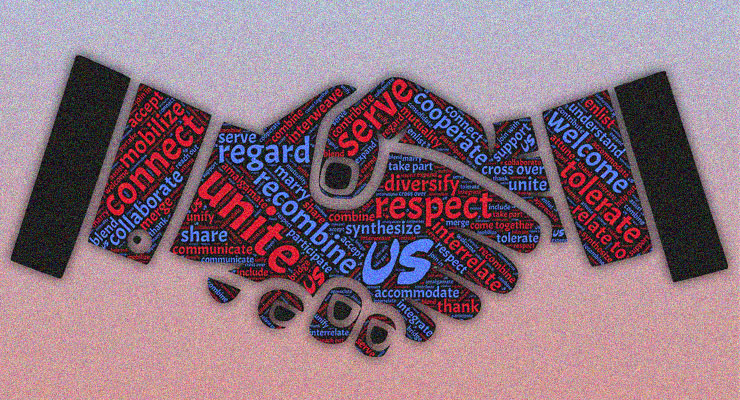
Dear Virginia Governor and Department of Elections:
I have a suggestion that would improve the ability of disabled candidates and disabled voters to connect with each other and enable petitions for ballot access to be signed. I know that Virginia asks all candidates to gather signatures, even at the 1,000 signatures mark for U.S. House.
I also know that Virginia has a voter registration system online.
I am suggesting that there be a candidates section on the voter registration site that allows voters to e-sign for candidates in the districts where the voter resides. Merely ticking a box should be enough to show the intent of the voter as a signature.
Amazingly, I do not believe any state has implemented such a simple system to gather signatures from people the state already knows are voters. When a voter is logged into that system, the voter has already made statements about the identity that a paper-and-pen form will never be able to accomplish or duplicate. Fraud in this voter registration signing system is virtually impossible.
Candidates should be able to have a URL generated so she or he can publicize where a voter needs to go to sign on the voter registration site.
As a Virginia attorney and a disabled person, physically and mentally, this system appeals to me because many disabled voters never have a chance to even participate in signing, but putting such a system in place on the voter registration site will give them that chance for the first time. This includes veterans serving overseas, people in the hospital or out of state during the signing window, people who rarely leave home, and so on.
I hope the governor and the legislature provide the modest resources it would take to make this system a reality and a first in the nation.
I have been an advocate of government technology reform for a long time. I was on the VSB Task Force on Technology and pushed for land record reforms that are now a reality. I also was the statistical analyst for the Indiana Supreme Court, where I invented that state’s protective order database, along with advocating for deaf and blind court users to have appropriate technology.
When I was corporate counsel for Alan M. Voorhees (designer of the Metro in Washington) in Virginia, I worked with the Library of Congress, the Library of Virginia, the Virginia Historical Society, and many high-tech companies in N. Virginia and Washington State, not to mention court clerks across the Commonwealth. I clerked for Judge Spruill in Warsaw.
Here, I am simply saying that people with disabilities, both voters and candidates, deserve a state-of the-art e-signing system integrated with the voter registration system online that eliminates fraud and makes it a simple matter to sign for the candidate a disabled person (or anyone) chooses.
We know that fraud happens in the paper-and-pen signing system because there have been very public prosecutions and felony convictions of conspiracies on the topic.
This is not just about technology or avoiding fraud, but also civil rights for people with disabilities who want to be a candidate or support a candidate. I am a member of the Virginia State Bar Diversity Conference because I support civil rights in Virginia. I have such a strong passion for advances like this that help disabled Virginians participate.
I want Virginia to be the first place to develop such a system because Virginia is a place of firsts in America.
Sincerely,
Andrew Straw
Columnist on Disability Issues, Democracy Chronicles
David Anderson says
Excellent piece. Legally only a “mark” is necessary for a legal signature. Not a “scratch” but a visible mark, its been held.
Disabled people are covered under anti-discrimination (federal and most states) its compulsory electoral officials “make reasonable accommodation” for them – particularly in a “strict scrutiny” area like voting. ITs surprising some suit enforcing what you write about above hasn’t been brought already. (It might have?).
Good article as always,
D.
NYC